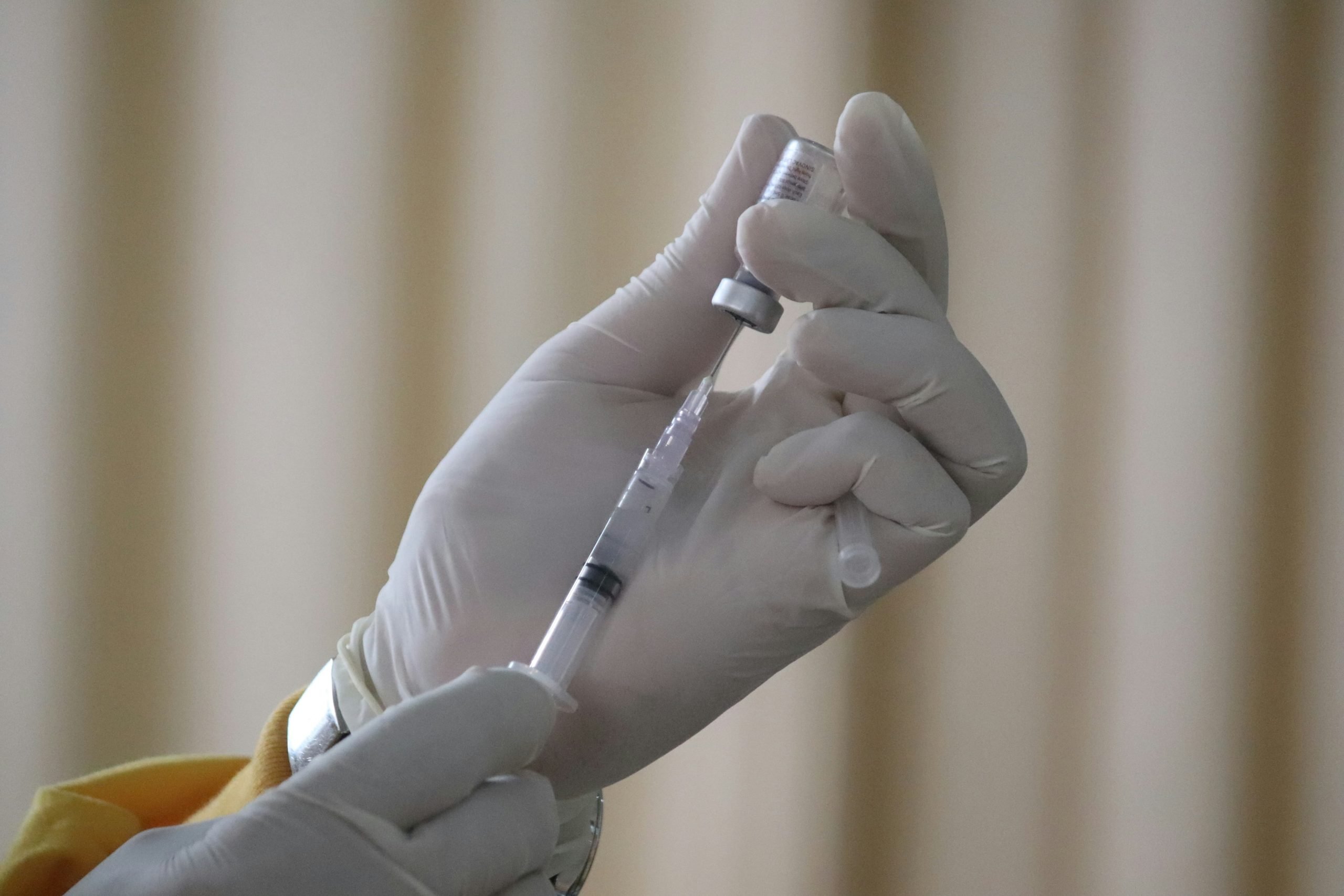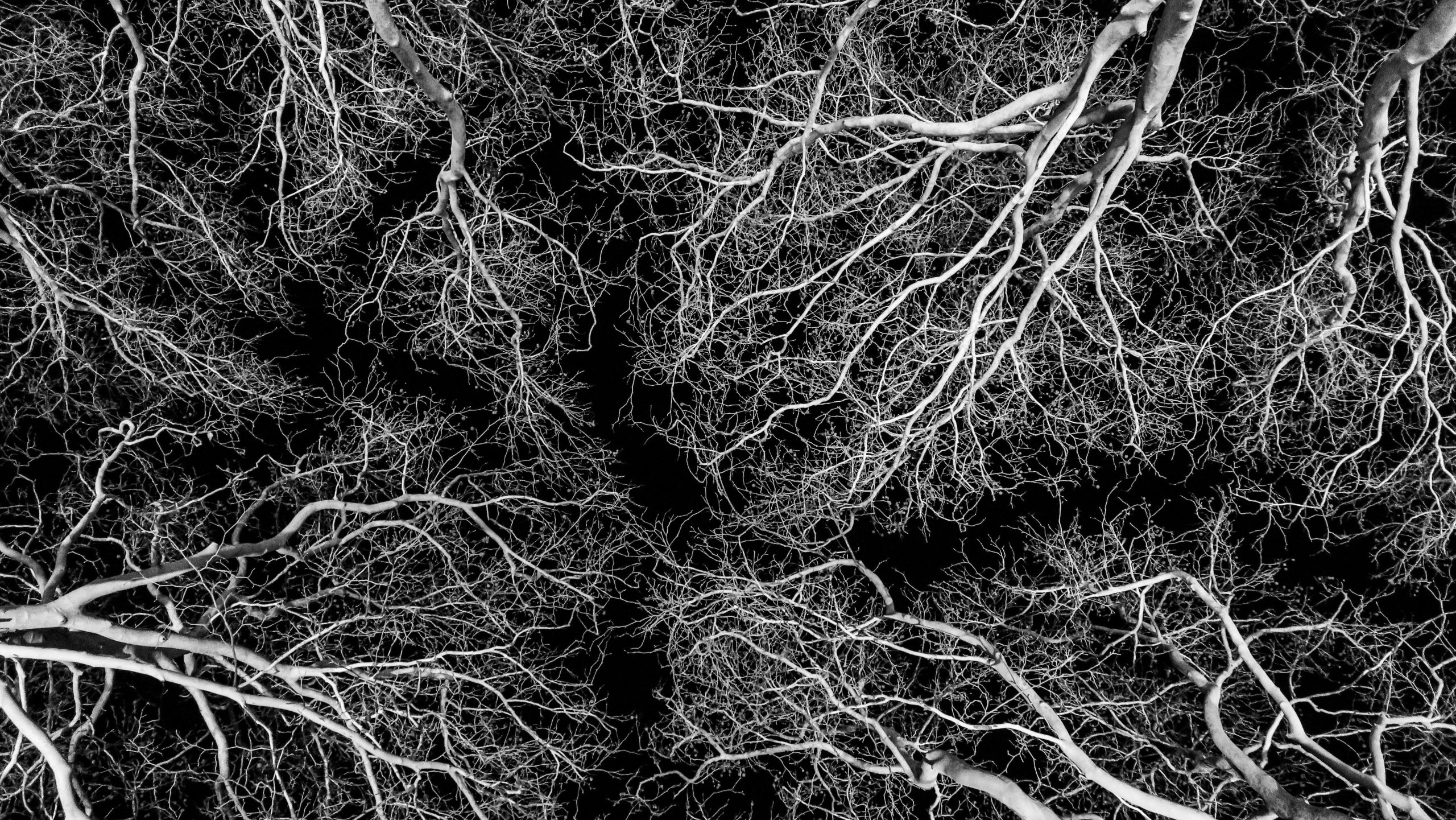Treatment-resistant depression (TRD) represents one of the greatest challenges in contemporary clinical psychiatry. It is estimated that between 20% and 30% of patients with major depressive disorder (MDD) do not respond adequately to conventional pharmacological treatments. This therapeutic resistance is associated with a significant increase in morbidity, functional impairment, and suicide risk, underscoring the urgent need for new effective and safe therapeutic options.
In this context, ketamine has emerged as an innovative treatment capable of providing rapid responses in patients who have not benefited from traditional pharmacological and psychotherapeutic approaches. Ketamine is a non-competitive NMDA receptor antagonist that acts primarily on the glutamatergic system. Its mechanism of action facilitates the formation of new synaptic connections and the restoration of neural circuits impaired by chronic depression. This neurobiological effect is key to its ability to induce rapid improvements in depressive symptoms, often observed within hours or a few days after administration.
While controlled clinical trials (RCTs) have been instrumental in demonstrating the safety and efficacy of ketamine, they are often conducted under highly controlled conditions that do not reflect everyday clinical practice. For this reason, scientific evidence on what happens in the real world is indispensable, as it allows for the evaluation of treatment applicability, tolerability, safety, and clinical outcomes in routine settings, where patients present comorbidities, polymedication, and other variables that may influence therapeutic response.
This article provides a review of the scientific evidence on the effectiveness of ketamine in treatment-resistant depression, based on the largest study conducted to date in the field of real-world clinical practice.
1. Review of Real World Studies: Methodology
A recent systematic analysis entitled “Real-world effectiveness of ketamine in treatment-resistant depression: A systematic review & meta-analysis” reviewed 79 observational and retrospective studies published between 2010 and 2024, covering a total of 2,665 patients with treatment-resistant depression. It should be noted that for a patient to be considered treatment-resistant, they must have received at least two different antidepressant treatments following an appropriate regimen without achieving significant clinical improvement.
The studies included in this review assessed their patients’ depressive symptoms using two widely recognized scales in clinical intervention: the Montgomery-Asberg Depression Rating Scale (MADRS) and the Hamilton Depression Rating Scale (HAM-D).
To determine the effectiveness of ketamine-assisted therapy, two main indicators were used:
- Response rate to treatment: defined as a reduction of at least 50% in symptoms measured by both scales.
- Depression remission rate: defined by a minimum score on both scales (MADRS ≤10, HAM-D ≤7), reflecting a virtually normal range of depressive symptoms in the general population.
2. Ketamine Efficacy
The results of all studies included in the review consistently show that ketamine is effective for treatment-resistant depression. The estimated treatment response rate was 45% (±10%), and the depression remission rate was 30% (±5.9%). These data confirm the relevance of ketamine as a therapeutic option for almost 75% of people who have not responded to other drugs.
In addition to this robust antidepressant effect, a clinically significant, albeit less consistent, effect on reducing suicidal ideation was observed.
A relevant finding is that only two of the 79 studies included in the review reported a worsening of depression symptoms, ranging from 1.83% to 5.49% of the patients evaluated. This shows that an increase in depressive symptoms occurs in exceptional cases.
3. Variability of response
Although ketamine can be considered an effective treatment for depression, its therapeutic impact varies among individuals. The analyses in this study show two factors that could influence this variability.
On the one hand, it is observed that average age has a positive influence on symptom improvement, with older patients responding slightly better than younger ones.
On the other hand, it was observed that the degree of resistance to previous pharmacological treatments influences symptom remission after ketamine-assisted therapy, indicating that patients with greater resistance may require additional therapies or combination therapies with other tools to achieve stable remission. However, the degree of resistance to previous pharmacological treatments does not appear to influence the treatment response rate.
4. Moderating factors
Another key finding of this study is that variables such as dosage frequency, number of doses administered, and duration of treatment did not affect the response rate to treatment or the complete remission of depressive symptoms. This indicates that the effectiveness of ketamine is not limited to the short term, and that medium- and long-term maintenance infusions are just as effective as the initial ones.
On the other hand, regular use of benzodiazepines, lithium, or anticonvulsants did not significantly affect the response to ketamine treatment. Only a decrease in the effectiveness of ketamine-assisted therapy was observed when high doses of benzodiazepines were administered.
Finally, ketamine is equally effective in the treatment of unipolar and bipolar depression.
5. Clinical and therapeutic implications
The results of this analysis have relevant clinical implications:
- Evidence from clinical practice shows that ketamine-assisted therapy is a safe and effective treatment for treatment-resistant depression.
- The effectiveness of ketamine does not decline significantly with repeated treatments, making it a viable medium- and long-term option for patients with treatment-resistant depression.
- The variability in treatment effectiveness varies according to the level of resistance to other previous pharmacological treatments. Complete remission is more difficult to achieve in the most resistant patients, although partial response remains relevant.
- Worsening of depressive symptoms is rare, and ketamine maintains a safe profile even in the most complex scenarios characteristic of real-world clinical practice. This reinforces its role as an indispensable therapeutic option, especially given the scarcity of well-established alternatives for treatment-resistant depression.
- The presence of bipolar disorder and the use of benzodiazepines or other drugs at usual doses do not significantly affect the results, although high doses of benzodiazepines may decrease the efficacy of ketamine-assisted therapy.
- There is a need to explore combination treatments with other techniques or potentiation strategies in patients with minimal response to ketamine, although more scientific evidence is needed on their potential efficacy.
In conclusion, ketamine-assisted therapy represents a significant therapeutic advance for treatment-resistant depression, offering consistent and sustained clinical benefits and positioning itself as a key tool for supporting this population, especially in those patients in whom traditional pharmacological treatments have failed.
At Clínica Synaptica, we systematically evaluate the therapeutic process of our patients using validated tools and closely monitor medication concomitant with ketamine treatment. We also integrate ketamine administration with different models of psychological intervention, both individually and in groups, with the aim of enhancing its clinical benefits and promoting a more comprehensive and sustained recovery.
Bibliography:
- Rush, A. J., Trivedi, M. H., Wisniewski, S. R., Nierenberg, A. A., Stewart, J. W., Warden, D., … & Fava, M. (2006). Acute and longer-term outcomes in depressed outpatients requiring one or several treatment steps: a STAR* D report. American Journal of Psychiatry, 163(11), 1905-1917.
- Bergfeld, I. O., Mantione, M., Figee, M., Schuurman, P. R., Lok, A., & Denys, D. (2018). Treatment-resistant depression and suicidality. Journal of affective disorders, 235, 362-367.
- Krystal JH, Abdallah CG, Sanacora G, Charney DS, Duman RS. Ketamine: a paradigm shift for depression research and treatment. Neuron. 2019;101(5):774–778.
- Newport, D. J., Carpenter, L. L., McDonald, W. M., Potash, J. B., Tohen, M., Nemeroff, C. B., & APA Council of Research Task Force on Novel Biomarkers and Treatments. (2015). Ketamine and other NMDA antagonists: early clinical trials and possible mechanisms in depression. American Journal of Psychiatry, 172(10), 950-966.
- de Vos CMH, Mason NL, Kuypers KPC. Psychedelics and Neuroplasticity: A Systematic Review Unraveling the Biological Underpinnings of Psychedelics. Front Psychiatry. 2021 Sep 10;12:724606. doi: 10.3389/fpsyt.2021.724606. PMID: 34566723; PMCID: PMC8461007.
- Alnefeesi Y, Chen-Li D, Krane E, Jawad MY, Rodrigues NB, Ceban F, Di Vincenzo JD, Meshkat S, Ho RCM, Gill H, Teopiz KM, Cao B, Lee Y, McIntyre RS, Rosenblat JD. Real-world effectiveness of ketamine in treatment-resistant depression: A systematic review & meta-analysis. J Psychiatr Res. 2022 Jul;151:693-709. doi: 10.1016/j.jpsychires.2022.04.037. Epub 2022 May 25. PMID: 35688035.
- McIntyre, R.S., Rodrigues, N.B., Lee, Y., Lipsitz, O., Subramaniapillai, M., Gill, H.,Nasri, F., Majeed, A., Lui, L.M.W., Senyk, O., Phan, L., Carvalho, I.P., Siegel, A.,Mansur, R.B., Brietzke, E., Kratiuk, K., Arekapudi, A.K., Abrishami, A., Chau, E.H.,Rosenblat, J.D., 2020. The effectiveness of repeated intravenous ketamine on 708Y. Alnefeesi et al. depressive symptoms, suicidal ideation and functional disability in adults with major depressive disorder and bipolar disorder: results from the Canadian Rapid Treatment Center of Excellence. J. Affect. Disord. 274, 903–910. https://doi.org/10.1016/jjad.2020.05.088
- Zhuo, C., Ji, F., Tian, H., Wang, L., Jia, F., Jiang, D., Chen, C., Zhou, C., Lin, X., Zhu, J.,2020b. Transient effects of multi-infusion ketamine augmentation on treatment-resistant depressive symptoms in patients with treatment-resistant bipolardepression—an open-label three-week pilot study. Brain. Behave. 10, e01674. https://doi.org/10.1002/brb3.1674
- Di Vincenzo, J.D., Lipsitz, O., Rodrigues, N.B., Jones, B.D.M., Gill, H., Lee, Y., Lui, L.M. W., Teopiz, K.M., Ho, R., Lin, K., Nasri, F., McIntyre, R.S., Rosenblat, J.D., 2022. Frequency analysis of symptomatic worsening following ketamine infusions for treatment resistant depression in a real-world sample: results from the canadian rapid treatment center of excellence. Psychiatr. Res. 307, 114321. https://doi.org/10.1016/j.psychres.2021.114321.
- Andrashko, V., Novak, T., Brunovsky, M., Klirova, M., Sos, P., Horacek, J., 2020. The antidepressant effect of ketamine is dampened by concomitant benzodiazepine medication. Front. Psychiatr. 11, 844. https://doi.org/10.3389/fpsyt.2020.00844.
- Ng, J., Rosenblat, J.D., Lui, L.M.W., Teopiz, K.M., Lee, Y., Lipsitz, O., Mansur, R.B., Rodrigues, N.B., Nasri, F., Gill, H., Cha, D.S., Subramaniapillai, M., Ho, R.C., Cao, B.,McIntyre, R.S., 2021. Efficacy of ketamine and esketamine on functional outcomes in treatment-resistant depression: a systematic review. J. Affect. Disord. 293, 285–294. https://doi.org/10.1016/j.jad.2021.06.032.



